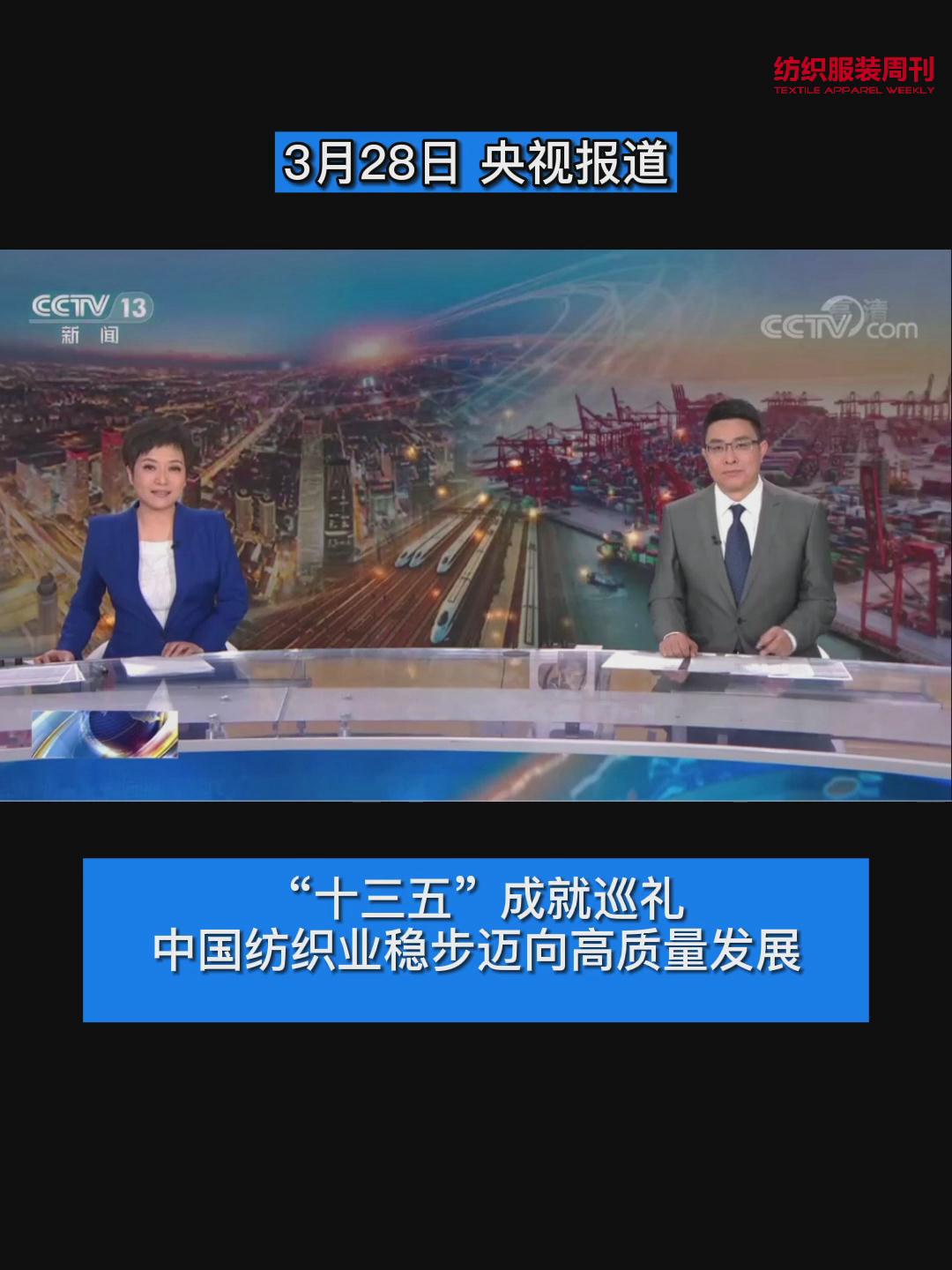3月25日,代表全球近50个国家和地区的服装制造商及其行业组织的国际服装联盟发布声明,呼吁在面临国际新冠疫情的危机时刻,全球服装供应链及利益相关各方应保持团结。
※新冠疫情对全球服装供应链造成了前所未有的冲击和巨大的多米诺骨牌效应。
※采购商应与供应商鼎力合作,团结一致,尽量减少疫情对供应商的损害。
※如果将供应链面临的困难完全转移到供应链上游,买卖双方的信任将被打破、很难修复。
※“负责任采购”是领先品牌商和零售商的公开承诺,当下的危机是对这些承诺最重要和公开的考验。
※多边组织和各国政府应迅速制定针对受到严重打击的服装业的支持计划。
国际服装联盟成立于1976年,是一个全球性行业组织,总部位于荷兰阿姆斯特丹。其会员包括近50个国家和地区的服装制造商及其行业组织。中国纺织品进出口商会曹甲昌会长自2017年起任国际服装联盟副主席。
声明全文如下:
IAF敦促服装供应链保持团结
面对Covid-19 新冠疫情危机,国际服装联盟(IAF)呼吁服装供应链及其利益相关者务必保持团结一致。随着全球各地不断关店、取消订单,整个供应链都损失了收入,这难以避免。我们不能期望买家冒着破产或让员工失业的风险来挽救供应商。但是,共同寻求解决方案以减少对供应商的破坏,不仅是迫切需要的,也是可行的。面对这场危机,团结意味着与行业成员合作,弥合工人的收入差距和企业的需求差距。IAF表示,如果我们的行动只是依照尽可能将损失转嫁到供应链上游的目标,将引发信任裂痕。而当我们摆脱危机时,这种信任裂痕将很难修复。IAF秘书长马蒂斯?克里蒂(Matthijs Crietee)今天说:“现在做出的选择将在以后接受审视。”
Covid-19 新冠疫情危机对纺织服装供应链造成了前所未有的冲击,触发了收入损失的连锁效应。在德国,3月前三周的线下时尚零售额与去年同期相比下降了42%。在孟加拉,过去几天被取消的订单价值已超过20亿欧元。 IAF主要代表中小服装品牌、服装制造商及其协会以及全球近50个国家的行业供应商,这表明IAF直接或间接地代表了成千上万家公司。服装纺织业的供应链是世界上最长、分布最广泛的,雇佣了数千万的工人。
Crietee说:“每家公司都必须决定:如果他们能以任何方式避免的话,他们不想跨越哪些底线购买行为。”IAF认为,现有的全球规范性框架可以帮助企业做出这些选择,该框架以《联合国企业与人权指导原则》为基础,又以OECD的《尽职调查指南》为准则,在实践中指导服装鞋业发展。“在过去的几年中我们看到,主要品牌和零售商坚定和公开承诺,在供应链中实践负责任购买行为,遵守OECD《尽职调查指南》的建议。当下形势是对这些承诺最重要和公开的考验。”
就当前危机而言,供应链团结至关重要,但我们还不够团结。我们需要全世界团结起来,需要政府和公民在财政上帮助数以千万的服装制造工人。因此,除了呼吁行业加强供应链团结之外,IAF迫切希望相关多边组织和各国政府的财政支持,请迅速制定全行业范围的支持计划,以帮助全球服装纺织业最脆弱的环节。
(原文)
IAF URGES SOLIDARITY IN APPAREL SUPPLY CHAIN
In the face of the Covid-19/Corona crisis the International Apparel Federation (IAF) calls on the apparel supply chain and its stakeholders to enact sufficient supply chain solidarity. As stores close around the globe and orders stop, loss of income throughout the supply chain is unavoidable. No buyer can be expected to sacrifice its own existence or the jobs of its employees to save its suppliers. But collaboratively searching for ways to reduce the damage to suppliers is not only an urgent need, but feasible. Solidarity in the face of this crisis means collaborating with industry members to bridge the income gap for workers and the demand gap for business. Operating with the objective of moving as much of the pain upstream in the supply chain will create breaches of trust that will be difficult to repair when we emerge from this crisis, IAF stated. “Choices made now will be scrutinized later”, IAF secretary general Matthijs Crietee said today.
The Covid-19/Corona crisis is an unprecedented shock to this supply chain creating a dramatic domino effect of revenue losses. In Germany, offline fashion retail’s sales in the first three weeks of March dropped by 42% compared to the same period the year before, and in Bangladesh orders cancelled in the past few days already represent a value of over 2 billion euros. Representing predominantly small and medium sized apparel brands, apparel manufacturers and their associations, and global suppliers to the industry in nearly 50 countries, the IAF represents directly and indirectly hundreds of thousands of companies. The apparel and textile industries are made up of the world’s longest and most globally dispersed supply chains, employing tens of millions of workers in total.
“Each individual company will have to determine what line of buying behaviour it does not want to cross if it can in any way avoid it”, Crietee said. It is IAF’s view that the global normative framework that has become available in the form of the UN Guiding Principles on Business and Human Rights and translated into the practice of the apparel and footwear industries by the OECD’s Due Diligence Guidance can help make companies make these choices. “In the past few years, we have seen strong and public commitments from leading brands and retailers for responsible purchasing practices in the supply chain in line with recommendations from OECD due diligence guidance. This climate is the most important and public test of those commitments.”
Supply chain solidarity is crucial but not sufficient in the light of this crisis. International solidarity is needed from governments and citizens to help financially support the tens of millions of workers that make our clothing. So in addition to calling on the industry to enact supply chain solidarity, the IAF is urgently asking the appropriate multilateral organisations and the financial support of national governments to step in to quickly make an industry-wide support plan for the most vulnerable parts of the global apparel and textile industries.
- 首 页
- 纺织资讯
- 2026-02-05 聚力专精特新 共筑产业未来—2026中国纺联春季联展【纺织专精特新专区】即将启幕
- 2026-02-04 链接全球家纺商机,2026intertextile秋冬展展位开启预订!
- 2026-02-03 数读2025 | 盘点全年中国纺织行业对外贸易表现
- 国内展会
-
海外展会
- 会员天地
- 对外投资与贸易
- 纺织国际产能合作
-
党建园地
- 关于我们

































